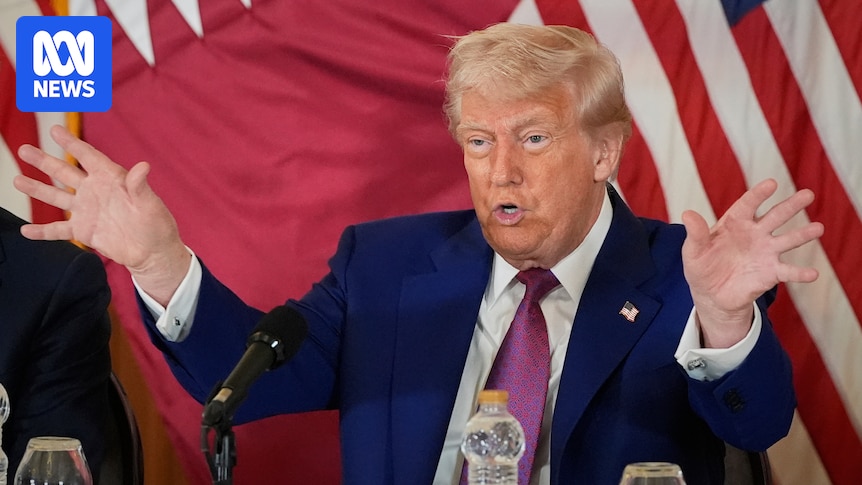India's Zero-Tariff Offer to the US: Fact-Checking Trump's Claim
Did India offer the US zero tariffs? A look at the claims and the reality.
The claim that India offered the United States zero tariffs on all goods during the Trump administration sparked considerable debate. While former President Trump frequently touted such an offer, the reality is far more nuanced. This article delves into the facts, separating truth from rhetoric, and clarifying the actual state of trade relations between the two nations.
Trump's Assertions: A Recap
During his presidency, Donald Trump repeatedly asserted that India had offered the US zero tariffs. These statements were often made in the context of negotiations on trade deals and addressing trade imbalances. He portrayed these supposed offers as significant concessions, highlighting them as evidence of his successful trade negotiations. However, a closer examination reveals a different picture.
The Missing Nuances: What Was Actually Offered?
India's trade policies are complex, and the idea of a blanket "zero tariff" offer is misleading. While India has offered tariff reductions on some goods as part of ongoing trade negotiations, it never offered a complete elimination of tariffs across the board.
These offers were often contingent upon reciprocal concessions from the US side, mirroring typical trade negotiations where both parties aim to achieve mutually beneficial outcomes. The scope of the proposed tariff reductions was also frequently limited to specific sectors, rather than encompassing all goods imported from the US. Therefore, framing the Indian proposals as a simple "zero tariff" offer grossly oversimplifies the situation.
Analyzing the Trade Imbalance: Beyond Tariffs
The trade relationship between India and the US is characterized by a significant trade imbalance, with the US importing considerably more from India than it exports. While tariffs undoubtedly play a role, other factors like differences in production costs, consumer preferences, and investment patterns also significantly contribute to this imbalance. Focusing solely on tariffs overlooks the bigger picture.
The Importance of Verification: Why Fact-Checking Matters
The spread of misinformation regarding trade deals, especially those involving high-profile figures, can have serious consequences. Accurately understanding the details of trade negotiations is crucial for policymakers, businesses, and the public alike. Fact-checking and relying on credible sources are vital for informed discussion and decision-making.
Conclusion: Separating Fact from Fiction
While India has made various proposals for tariff reductions to the US, the claim of a complete "zero tariff" offer is unsubstantiated. The reality is far more nuanced, involving complex trade negotiations and a multitude of factors influencing the overall trade relationship. It is crucial to avoid oversimplifying the situation and to rely on credible sources for accurate information. Understanding the complexities of international trade is key to fostering productive economic relationships.
Keywords: India, US, zero tariffs, Trump, trade deal, trade negotiations, trade imbalance, fact-check, economic relations, tariffs, imports, exports.
Further Reading:
Call to Action: Stay informed about crucial trade developments by subscribing to our newsletter for regular updates on global economic news. [Link to newsletter signup]

